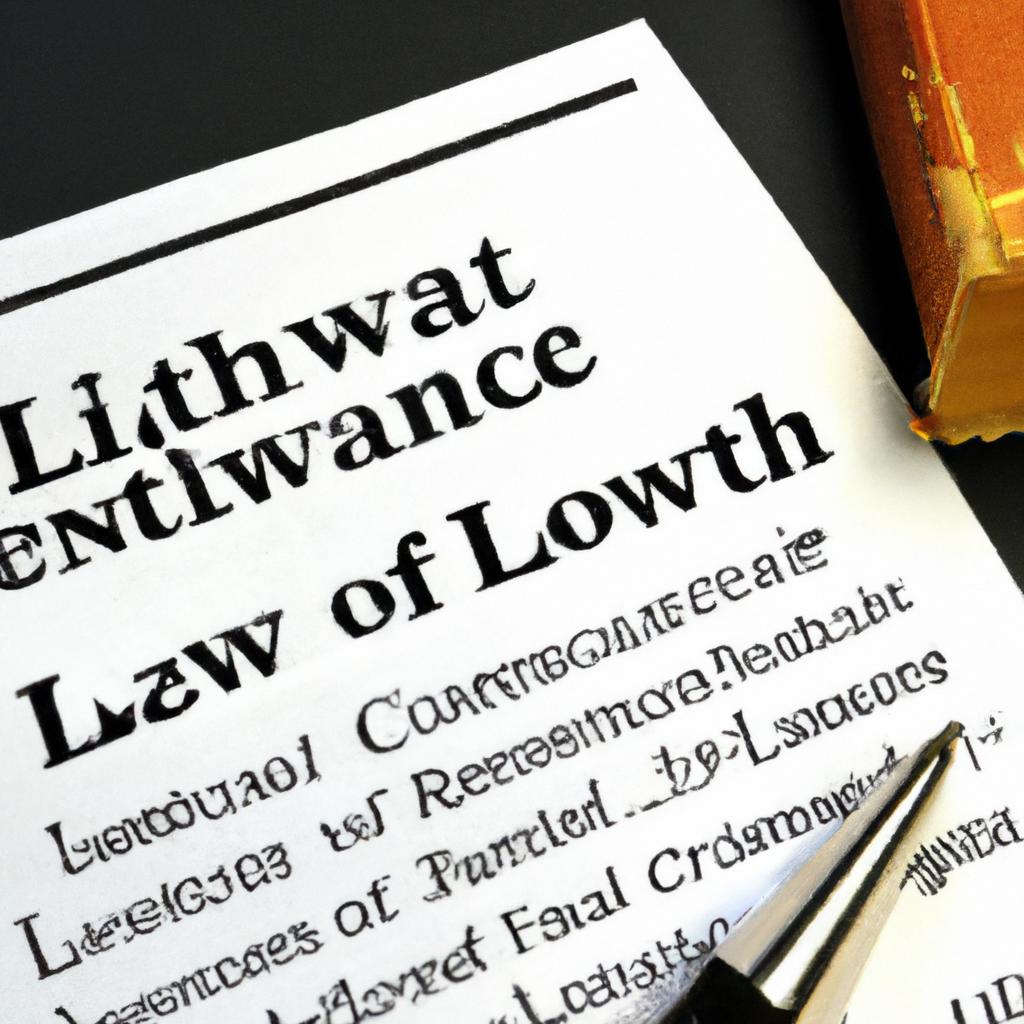When a parent passes away, the division of their property can sometimes lead to complex legal battles among family members. Understanding the laws and regulations surrounding inheritance and the distribution of assets is crucial in ensuring a fair and just outcome. At Morgan Legal Group in New York City, our team of experienced lawyers specializes in estate planning, probate, elder law, Wills, and trusts to help guide individuals through the process of determining who gets the property after a parent’s death. Join us as we dive into the intricacies of this important legal matter.
Overview of Inheritance Laws in New York State
When a parent passes away in New York State, their property is distributed according to the state’s inheritance laws. These laws dictate who is entitled to receive the deceased parent’s assets, including real estate, money, and personal belongings. Understanding how inheritance laws work is crucial in ensuring that the deceased parent’s wishes are carried out and that their assets are distributed fairly among their heirs.
Under New York State’s inheritance laws, the distribution of a deceased parent’s property is determined based on whether or not they have a valid will. If the parent has a will, the assets will be distributed according to the terms outlined in the document. If the parent does not have a will, the assets will be distributed according to the state’s intestate laws, which prioritize the deceased parent’s surviving spouse and children. In the absence of a surviving spouse or children, other relatives such as parents, siblings, or nieces and nephews may be entitled to a share of the estate.

Determining Heirs and Beneficiaries of the Estate
When a parent passes away, one of the most important matters to address is determining who will inherit their property and assets. This process involves identifying the heirs and beneficiaries of the estate, which can sometimes be a complex and time-consuming process. It is crucial to ensure that the distribution of the estate is carried out according to the deceased parent’s wishes and in compliance with the law.
Identifying heirs and beneficiaries typically involves reviewing the parent’s will, if one exists, as well as state laws regarding intestate succession. In cases where the parent did not leave a will, the estate will be distributed according to these laws, which typically prioritize spouses, children, and other close relatives. It is important to consult with an experienced estate planning attorney to ensure that the proper legal procedures are followed and that the distribution of the estate is carried out fairly and efficiently.

Challenges and Disputes in Property Distribution
When a parent passes away, one of the most common challenges that arise is determining how their property will be distributed among their heirs. In many cases, disputes can arise between siblings or other family members over who is entitled to what. These disputes can be emotionally charged and can cause lasting rifts within families if not handled properly.
In order to avoid these challenges and disputes, it is crucial for parents to have a clear and legally binding estate plan in place. This plan should outline exactly how the parent’s property should be distributed, leaving no room for interpretation or argument. By working with an experienced estate planning attorney, parents can ensure that their wishes are carried out and that their loved ones are provided for after their passing. Remember, proper planning now can prevent costly and stressful battles in the future.
Strategies for Effective Estate Planning and Avoiding Legal Issues
When it comes to determining who gets the property after a parent’s death, proper estate planning is crucial. Without a solid plan in place, there can be confusion, disputes, and potential legal issues among family members. One effective strategy is to create a comprehensive Will that clearly outlines how the assets and property should be distributed. This document should be updated regularly to reflect any changes in circumstances or relationships.
Another important aspect of estate planning is setting up trusts to protect assets and ensure they are distributed according to your wishes. Trusts can help avoid probate, reduce estate taxes, and provide for minor children or beneficiaries with special needs. It is essential to work with an experienced estate planning attorney to create a customized plan that meets your specific goals and objectives.
Q&A
Q: Who gets the property after the parent’s death?
A: In most cases, the property of a deceased parent will be distributed according to their will. If there is no will, the property will be divided among their legal heirs as determined by the laws of intestacy in the jurisdiction where the deceased parent lived.
In Summary
As we navigate the complex terrain of inheritance and property rights, one thing is certain: the question of who gets the property after a parent’s death is a deeply personal and emotional issue. Whether you are a surviving family member or a concerned loved one, it is important to approach these matters with compassion, understanding, and a willingness to engage in open dialogue. By exploring the legal and emotional implications of inheritance, we can better equip ourselves to handle the inevitable transitions that come with the passing of a loved one. Ultimately, the legacy of our parents lives on not only in physical possessions, but in the love and memories we hold dear. Let us honor their memory by navigating this process with grace and respect.






